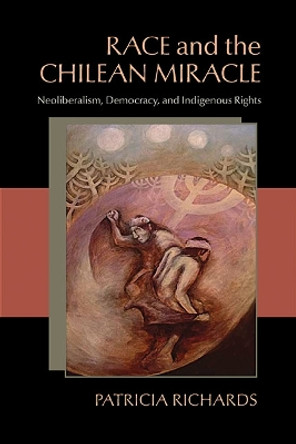Description
Implemented in the 1970s at the point of the bayonet and in the shadow of the torture chamber, the neoliberal policies of Augusto Pinochet's dictatorship reversed many of the gains in wages, benefits, and working conditions that Chile's workers had won during decades of struggle and triggered a severe economic crisis. Later refined and softened, Pinochet's neoliberal model began, finally, to promote economic growth in the mid-1980s, and it was maintained by the center-left governments that followed the restoration of democracy in 1990. Yet, despite significant increases in worker productivity, real wages stagnated, the expected restoration of labor rights faltered, and gaps in income distribution continued to widen. To shed light on this history and these ongoing problems, the contributors look at industries long part of the Chilean economy-including textiles and copper-and industries that have expanded more recently-including fishing, forestry, and agriculture. They not only show how neoliberalism has affected Chile's labor force in general but also how it has damaged the environment and imposed special burdens on women. Painting a sobering picture of the two Chiles-one increasingly rich, the other still mired in poverty-these essays suggest that the Chilean miracle may not be as miraculous as it seems.
Contributors.
Paul Drake
Volker Frank
Thomas Klubock
Rachel Schurman
Joel Stillerman
Heidi Tinsman
Peter Winn
An attempt to gauge the impact of Chile's neo-liberal reform policies and of the Chilean "economic miracle" on various groups of workers
About the Author
Peter Winn is Professor of History at Tufts University. His books include Americas: The Changing Face of Latin America and the Caribbean and Weavers of Revolution: The Yarur Workers and Chile's Road to Socialism.
Reviews
"Showcasing some of the best current U.S. work on recent Chilean labor and economic history, this collection lays to rest any remaining doubts as to the partial and extremely uneven nature of the 'economic miracle' and its devastating impact on workers. Especially welcome are discussions of neoliberalism's contributions to environmental degradation and its contradictory impact on working-class culture and gender relations."-Florencia Mallon, editor of When a Flower Is Reborn: The Life and Times of a Mapuche Feminist by Rosa Isolde Reuque Paillalef
"The great strength of this volume is that it provides readers with an original, historically based, human-focused analysis of the so-called Chilean miracle."-Brian Loveman, author of Chile: The Legacy of Hispanic Capitalism
Book Information
ISBN 9780822333098
Author Peter Winn
Format Hardback
Page Count 448
Imprint Duke University Press
Publisher Duke University Press
Weight(grams) 748g








